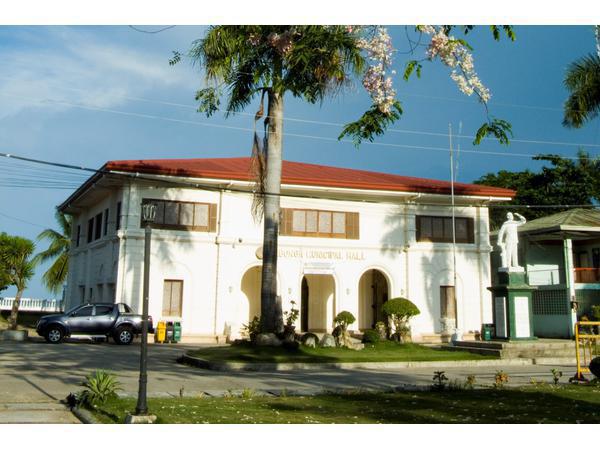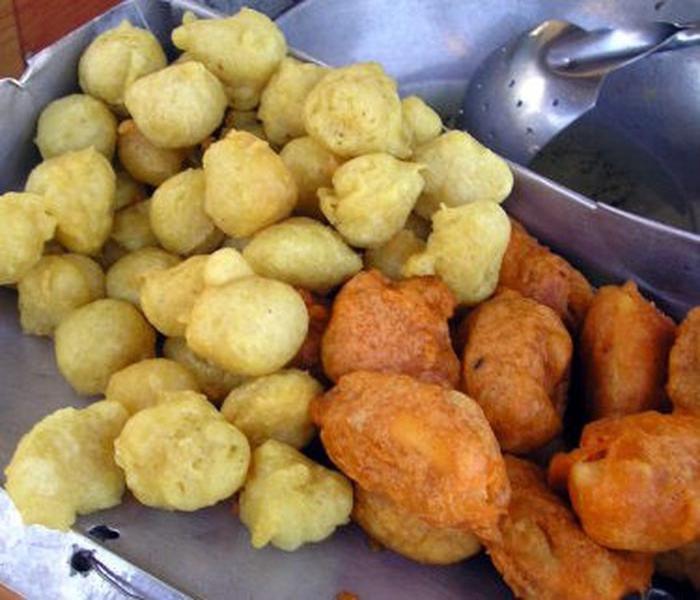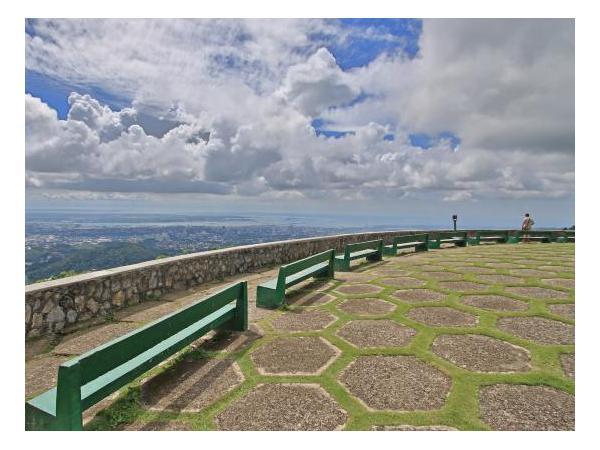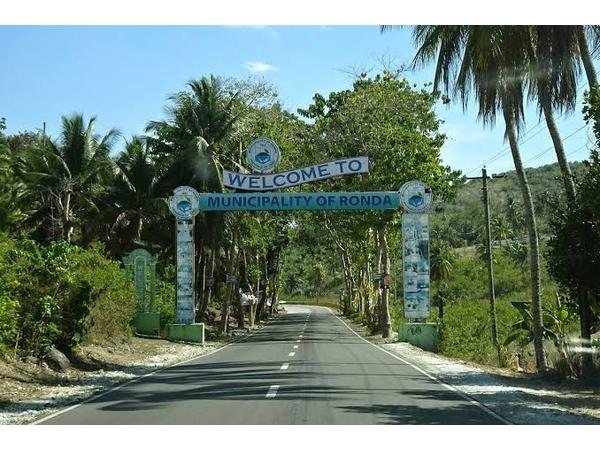Here’s Why You SHOULD Take Care of Your Kidneys
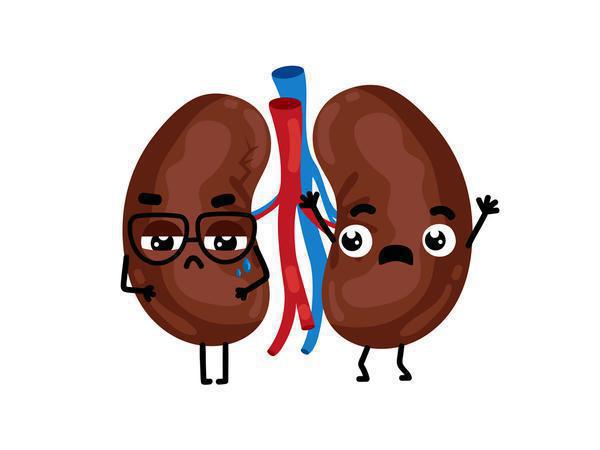
Blame Filipino food, blame the way we cook the food. But kidney diseases are on the rise in the Philippines and this problem should be taken seriously.
Many people are cautious about damaging their heart or liver, but ignore their kidney health. What many of us don’t realize is that kidney problems are just as life-threatening.
More of this series: Health and Wellness
Show AllIn an April 2018 article in the Business Mirror, these are the top 5 cities with the most kidney dialysis patients:
- Pampanga
- Bulacan
- Batangas
- Cebu
- Davao
Do you think that this has something to do with our delicacies? Our diets? The way we cook our food? Is it genetic? Or is it because there is not much awareness about kidney health?
The age of dialysis patients is something to be alarmed about. There are patients as young as 8 years old. Majority of the patients though are within the 60-65 age range. Also, there is a steady rise of young professionals undergoing dialysis.
Awareness Needed
According to the Department of Health, one person dies every hour from kidney failure. And, more than 7,000 kidney failure cases are recorded annually in the Philippines – putting kidney failure as the 9th leading cause of death among Filipinos (National Kidney and Transplant Institute). That means that for every 1 million Filipinos, 120 are likely to develop kidney failure.
Why are the Kidneys Important
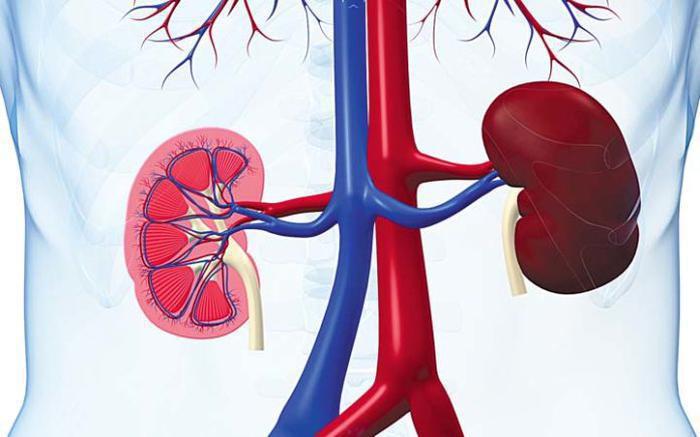
The kidneys clean our blood by removing waste products and excess fluid from our body. These waste products and excess fluids are ejected from our body through urine. Our kidneys regulate the body’s salt, acid content and potassium. And they produce hormones that also affect other organs (e.g. stimulating red blood cell production, regulate blood pressure and control calcium metabolism).
In a nutshell, here’s what our kidneys do:
- Remove waste products
- Remove drugs
- Remove excess fluids
- Release hormones that regulate our blood pressure
- Produce an active form of Vitamin D
- Control the production of red blood cells (RBC)
If the Kidneys Fail, You Need Dialysis
If your kidneys fail, then you need dialysis to replace the work that they would normally do. Or, you can go for a kidney transplant.
Dialysis is a method of cleaning our blood when our kidneys no longer does this function. It gets rid of our body’s waste, excess fluids and control our blood pressure. There are two kinds of dialysis: hemodialysis and peritoneal dialysis.
Hemodialysis: blood is pumped out of your body to an artificial (external) kidney machine called a haemodialysis machine. It is then returned to your body by tubes that connect you to the machine. You will need to have a dialysis line insertion for this. It means that a soft plastic tube 2x the lengthe and half the width of a pen will be placed through your skin into one of the large veins either in your neck or the groin at the top of the thigh. It can also be placed in your non-dominant arm. This is where the tubes connected to the haemodialysis machine pump blood from your body and back again.
Peritoneal dialysis: Here, the inside lining of your belly acts the natural filter in this case. The wastes are taken out via a cleansing fluid called dialysate, which is washed in and out of the abdomen in cycles.
Dialysis costs around P60,000 to P70,000 per month EXCLUDING laboratory tests, medicines and doctor’s fees.
If you can afford it, go for a kidney transplant as survival rates and quality of life in transplants are better.
Start Now - Take Care of Your Kidneys
According to the www.worldkidneyday.org, here are the 8 golden rules of taking care of your kidneys:
1. Keep fit and active.
Be on the move – walk, run, cycle, swim.
2. Monitor your blood sugar level.
Roughly half of people who have diabetes develop kidney diseases, so make sure you monitor your glucose level regularly.
3. Monitor your blood pressure.
Yes, high blood pressure can lead to strokes or heart attacks – but did you know that they can cause kidney damage too? Normal BP is 120/80.
4. Keep your weight in check and eat healthy.
Obesity is an enemy. It has nothing to do with society fat-shaming you, but it has everything to do with you taking control of your health. Monitor your salt intake. We Filipinos love our salty food. In Cebu, we constantly crave the buwad (dried) isda (fish) or nukus (squid) and seasoning-laden fried rice. The recommended sodium intake is 5-6 grams of salt per day, that’s roughly 1 teaspoon.
5. Maintain a healthy fluid intake.
The recommended water intake is 1.5 to 2 liters of water per day. So the 8 glasses of water recommended by your titos and titas sounds just about right.
6. Stop smoking. Smoking slows blood flow to the kidneys. Less blood means impaired ability to function properly. Plus, smoking increases the risk of kidney cancer by roughly 50%.
7. Do not take over the counter medication regularly.
Non-steroidal anti-inflammatory drugs like ibuprofen can cause kidney damage if regularly taken.
8. Get your kidney function checked.
Especially if you have one of these high-risk factors
- diabetes
- hypertension
- you are obese
- one of your parents or family members suffers from kidney disease
- African, Asian, or Aboriginal origin


